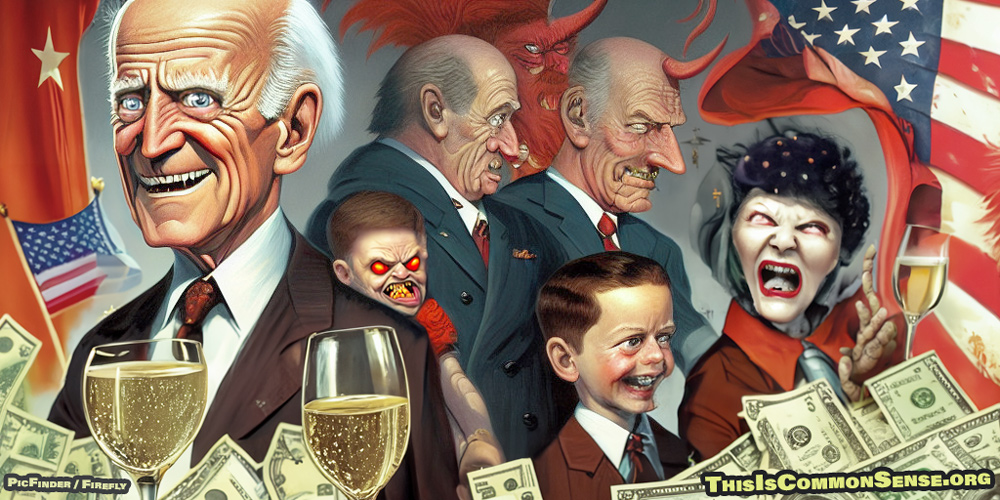In the late 1940s and early 1950s, UFOs and “flying saucers” made newspaper headlines, and government officials had contradictory things to say about them. Then, soon after 1952’s summer UFO flyovers of Washington, D.C, the government got into the denial game, and the general tenor of the conversation changed.
The federal government, it seems, had instituted a policy of “cover-up.”
This has changed in the last few years, after a military investigation into UFOs went public, and as Congress began making public and confidential inquiries.
What do we really know?
Not much.
Still, that startling 1952 UFO wave appears to have received some additional evidence … from an unexpected quarter.
A team of astronomers compared old sky plates from the Palomar Observatory —photographed in the 1950s — to modern digitized pictures of the heavens, searching for “vanishing stars.” Appearing and disappearing stars are a fascinating study, in this research the aim being to detect “instances where a star directly collapses into a black hole.” The scientists found none of these “failed supernova” events.
But what they found surprised them: “several images where multiple star-like objects appear in a single snapshot of the sky, never to be seen again.”
They tested many possible explanations for the mysterious data, and then an automated search coughed up a doozy: “The image showed three bright and beautiful objects looking just like stars in a POSS‑I image from the 19th of July 1952 that appeared and vanished within a plate exposure.… The three bright objects seemed as real as Betelgeuse itself.”
These were not single bright dots on photographic plates, but multiple simultaneous dots.
As scientist Beatriz Villarroel writes, “our two most prominent and brightest cases of multiple transients coincided in time with the two weekends of the renowned Washington UFO flyovers.”
One wonders whether later mass-sighting events, such as the “Belgian Wave” (November 1989 – April 1990) and Arizona’s “Phoenix Lights” (March 13, 1997), might have recorded similar transients above, ready for study.
Thankfully, we do not need to rely directly upon government agents to do the research.
This is Common Sense. I’m Paul Jacob.
Illustration created with Midjourney and Fireflly
—
See all recent commentary
(simplified and organized)






